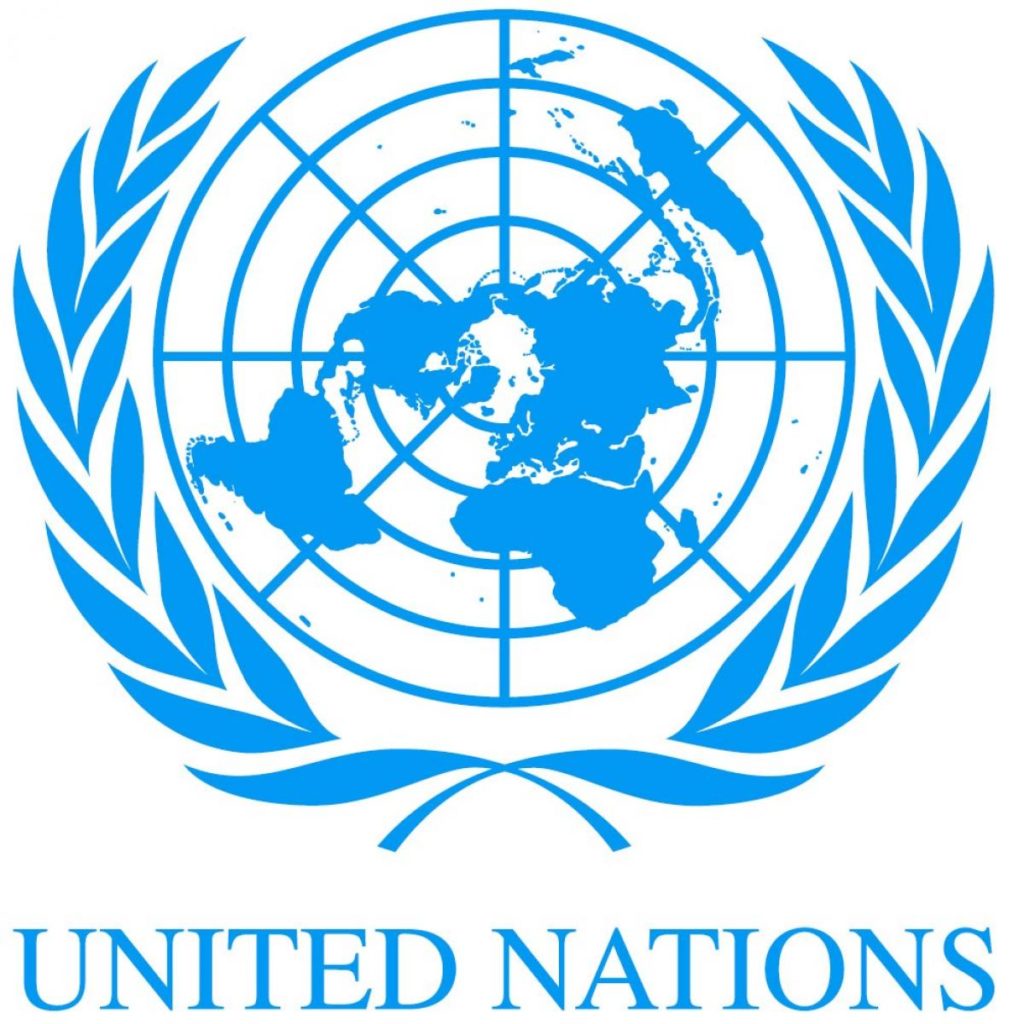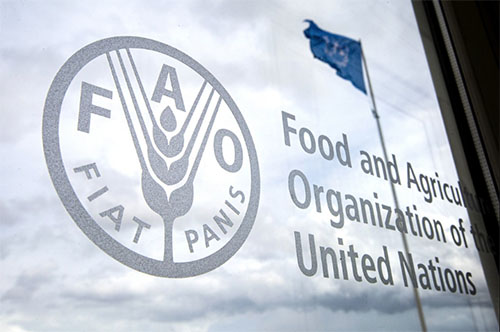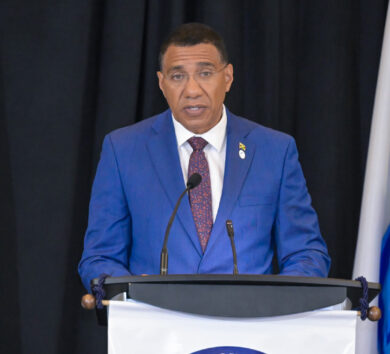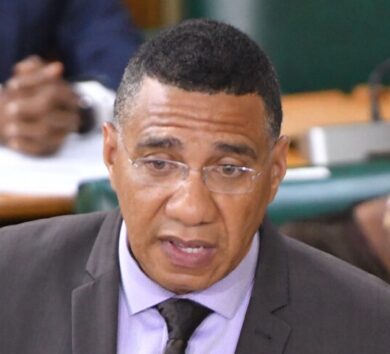

Latin America and the Caribbean face significant food security challenges. The economic slowdown, the climate crisis, the COVID-19 pandemic, and the recent conflict in Ukraine have had profound effects on agrifood systems and food.
In 2022 we reached the highest levels of international food prices and are currently facing an inflationary cycle that mainly affects the most vulnerable populations that spend a higher proportion of their income on food.
The Regional Overview of Food Security and Nutrition 2022 (Panorama), published by FAO and other UN agencies this week, sheds light on an additional issue linked to the lack of access to food for millions of families in the world: that is even more challenging to have access to healthy food and that this increases income inequality.
The report concludes that the region has the highest cost of a healthy diet compared to the rest of the world. The cost reaches US$3.89 per day per person in the region during 2020, while the world average is US$3.54.

Jamaica, since 2020, has been heavily affected by multiple global crises (economic, climatic, pandemic and conflict in Ukraine). For instance, according to the Panorama, in Jamaica the cost of a healthy diet in 2020 reached US$5.98, well above the regional value. However, we can see in the report that this figure increased by 11 per cent between 2019 and 2020 in the context of the pandemic. In addition, the lack of affordability of a healthy diet has affected 66 per cent of the Jamaican population in 2020. The UN document reports that, in the Caribbean (52%) 86 per cent in Haiti, 36 per cent in Belize, are constrained economically to access a healthy diet.
The report shows how rising international food prices and inflation affect economic access to nutritious food, especially for the poorest. This is because they spend a higher proportion of their income on food compared to those with more resources, deteriorating food security.
In addition, the report concludes that there is a link between the lack of economic access or affordability of a healthy diet with the levels of poverty, income inequality, and economic growth of the countries, as well as with the levels of hunger and other forms of malnutrition.
In this context, the step taken by the country to incorporate different programmes and policies in this matter is crucial. The Government of Jamaica has made significative progress to transform the national agrifood system to provide more support for rural and urban vulnerable groups. The promotion of local-agro processing and commercialisation of health foods are some key strategies underway for more food secure outcomes. The sustained efforts of the national social protection systems such as School Feeding Programme and the conditional cash transfer programme like Programme of Advancement Through Health and Education (PATH) definitely could protect and promote food and nutritional security for vulnerable groups.

FAO continues to work with local partners to develop stronger agribusiness ecosystems and entrepreneurial capacities among vulnerable groups using gender sensitive approaches.
The UN report proposes coordinated actions starting from the production of healthy food to, marketing, to support for healthy food consumption, including fruits and vegetables. Other actions include strengthening information on products, market prices and trade to increase the supply of nutritious foods and enhance their marketing; and reinforce the delivery of food or transfer programmes (in cash or in-kind) with food and nutrition education.
These and other actions will improve the affordability of nutritious food of the people who suffer moderate or severe food insecurity in the country.
– Dr Crispim Moreira is FAO Representative in Jamaica, The Bahamas and Belize







Comments